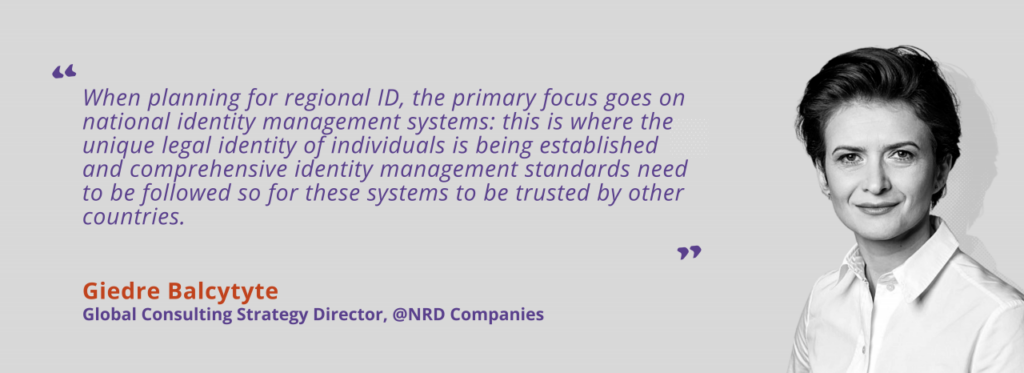Countries in the Organization of Eastern Caribbean States (OECS) face a number of common challenges in the context of increasing global competitiveness. They face fiscal imbalances and debt ratios while being exposed to external shocks – financial and natural – as small, still developing, island states. Similar to small states in other regions, these countries are focusing on new sources of growth to reduce vulnerability and embrace a more innovation-driven approach.
The OECS countries seek to reinvigorate growth and diversify their economies, therefore public sector modernization is the key to increasing efficiency and competitiveness in the region.

Placing an emphasis on utilizing digital solutions to improve coordination among agencies will facilitate service delivery through e-services, increase transparency and accountability of the public sector. In addition, it will support regional integration within the Economic Union, thus facilitating regional integration.
An action plan for the complete implementation of the OECS Unique ID
Norway Registers Development AS (NRD AS), part of NRD Companies, has been contracted by the OECS Commission, under the Regional Health Project, with the core objective to develop an action plan for the complete implementation of the OECS Unique ID for four (4) OECS Member States – The Commonwealth of Dominica, Grenada, Saint Lucia and Saint Vincent and the Grenadines. To achieve the core objective, NRD AS takes into consideration the existing body of work or initiatives or projects at both the national and regional levels related to the development/implementation of an identification system, modernization of registries and the integration of such systems with other government-based public systems such as health information and immigration systems.
It is expected that implementation of Unique ID within countries will improve delivery and transparency and accountability of the public sector services within countries, will provide better access to private sector services and overall will improve countries stance in the context of increasing global competitiveness. OECS Unique ID at regional-level support to coordination among agencies will help advance the free flow of persons and goods as part of a regionally integrated Economic Union.
“ When planning for regional ID, the primary focus goes on national identity management systems: this is where the unique legal identity of individuals is being established and comprehensive identity management standards need to be followed so for these systems to be trusted by other countries” – says Team Lead for the project and Consultancy Director Giedre Balcytyte. “We, therefore, started our work with analysis of identity management systems within countries, so to identify opportunities and gaps for building the regional ID.”
A unique ID will also play an essential role in strengthening the region’s capacity to mobilize first responders and critical health supplies for critically affected areas during public emergencies.














